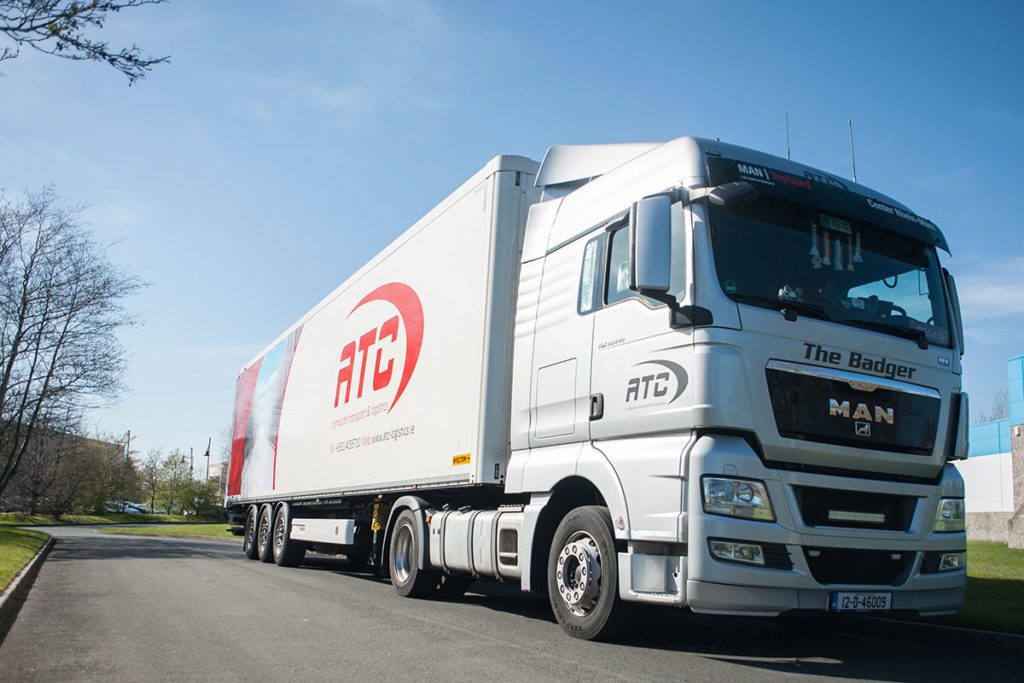3 Benefits of Blockchain in Supply Chain and Logistics
Blockchain was listed in an earlier blog of ours this year, where we explored the key trends to be aware of in supply chain and logistics for 2023. Since then, we have done further deep dives into this technology to understand how it works and how it has benefited the supply chain and logistics industry thus far.
What is Blockchain?
Think of Blockchain like pieces of Lego stuck together to form a chain. Within those Lego pieces is information only accessible by approved parties within a peer-to-peer network – a group of computers linked to this chain with equal permissions and responsibilities for processing data.
For a more formal description, IBM describes Blockchain as “a shared, immutable ledger that facilitates the process of recording transactions and tracking assets in a business network. An asset can be tangible (a house, car, cash, land) or intangible (intellectual property, patents, copyrights, branding). Virtually anything of value can be tracked and traded on a blockchain network, reducing risk and cutting costs for all involved.”
What are the benefits of Blockchain in Supply Chain and Logistics?
(1)Transparency and Traceability of Goods in Transit
Going back to that idea of the Lego pieces, imagine that the pieces in front of you are one of a kind and available to view only by an approved group of people.
Information is critical to the successful running of any business, and the faster it is received, the more precise it is, which is why Blockchain has become so appealing to companies.
Blockchain streamlines the movement of information. In our industry, any activity undertaken within the supply chain is visible in real time and verifiable by all authorised parties. As supply chains become ever more complex, this feature of Blockchain is hugely advantageous as it mitigates the risk of fraudulent activity and enables accountability across the whole ecosystem.
Furthermore, suppose an error does occur in the supply chain. In that case, Blockchain comes to the rescue again as members can trace the activities back to the origin of the mistake, enabling the necessary actions to resolve quickly and continue moving forward.
As one of the approved personnel to the Blockchain is typically the customer, having this transparency and traceability in their supply chain is invaluable as it offers them peace of mind and builds trust between them and their logistics partner.
(2) Enhanced Security of Supply Chain
At a time when cybercrime is on the rise and supply chains are becoming more complex, Blockchain adds further comfort as it creates immutable records. “Once a transaction is recorded on the Blockchain, it cannot be altered or deleted. This creates a permanent and transparent record of all transactions. Traditional systems can alter or delete records, making it challenging to trace the origin of a transaction or identify any fraudulent activity. Records in Blockchain are transparent and tamper-proof, making it easier to identify and prevent fraud and corruption.” Wondermentapps.com
Another security feature of Blockchain is that it’s decentralised, making it highly resilient to potential cyberattacks and unauthorised access as the privacy of the end-users is preserved, leaving no trace of a digital footprint.
A Professor at Trinity College, Dr Hitesh Tewari, shared an example of how decentralisation works in the e-health space; “I have developed a healthcare management ecosystem that allows a patient’s medical records to be stored securely and anonymously on Blockchain. This enables data to be mined by third parties to determine healthcare trends, etc., without them inferring personal details of individual patients.”
(3) Efficiency and Automation of Information in Supply Chain
Investopedia describes Smart Contracts as “a self-executing program that automates the actions required in an agreement or contract. Once completed, the transactions are trackable and irreversible.”
Smart Contracts enhance the efficiency of an organisation by automatically triggering a set of actions once the predetermined conditions are met, e.g. issuing an invoice at the end of the delivery cycle. This feature appeals to business owners as it not only eradicates the need for a middleman but also expedites processes and ensures processes are compliant.
Inventory management can be an anchor for businesses with complex supply chains. Going back to our first point on traceability, all parties approved in the Blockchain, such as manufacturers, suppliers, and distributors, can see the product flow and collaborate as needed to ensure the fulfilment of orders. Those in receipt of the invoice know and trust that it is legitimate and are therefore comfortable paying via the secure payment portal, which benefits the business from a cash flow management perspective.
We hope you enjoyed learning more about Blockchain as much as we did.
Thank you for reading,
Keith














